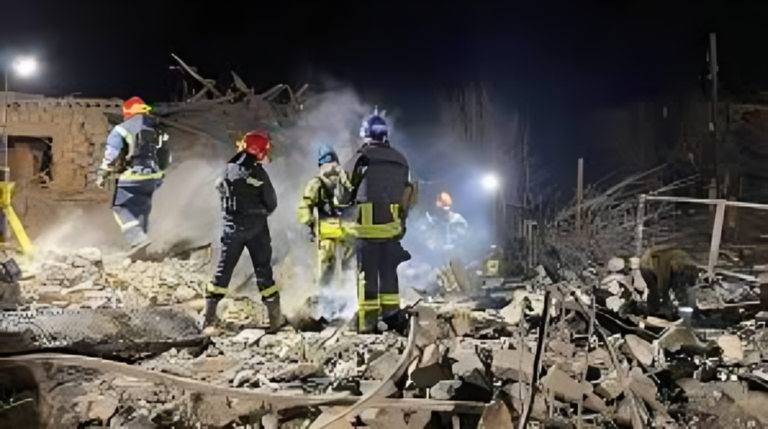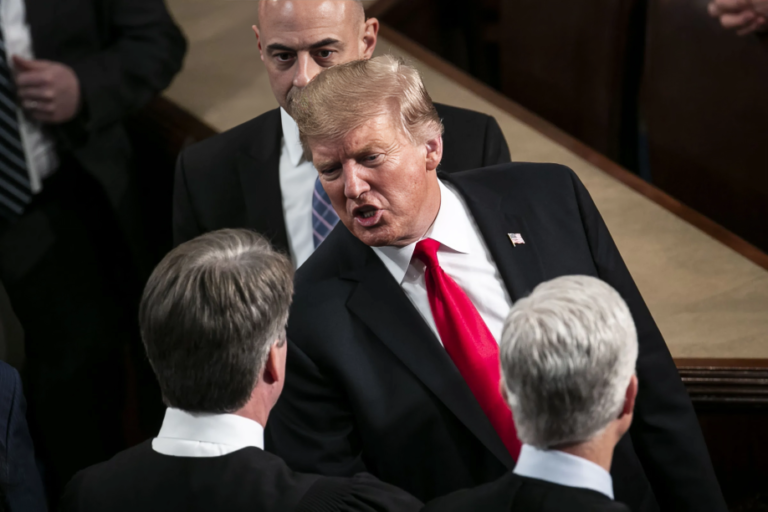The United Kingdom has announced a further crackdown on Russia’s so-called shadow fleet, imposing sanctions on 20 additional ships and blacklisting 10 individuals and entities involved in energy and shipping. This move intensifies efforts to curb Moscow’s ability to circumvent international sanctions, particularly those aimed at restricting its oil exports.
Security analysts highlight that Russia’s aging fleet of vessels is being used to evade sanctions that ban the country from selling oil openly. Since Russia’s invasion of Ukraine in February 2022, hundreds of vessels have been targeted by sanctions from the European Union and the UK.
The latest addition to the UK’s asset freeze list includes the Orion Star group and Rosneft Marine (UK), both deemed crucial to Russia’s energy industry, as well as the Russian defense ministry’s deep-sea research unit.
While Russia’s economy has not collapsed under sanctions, officials insist they are having an impact. A UK government statement claimed that “Russia’s economy is slowing,” and the Kremlin has been forced into “painful trade-offs” to sustain its war effort. It was also stated that sanctions over the past three years have deprived Russia of at least $450 billion an amount equivalent to roughly two years of funding for its invasion of Ukraine.
Since the invasion, the UK alone has sanctioned over 2,300 individuals, entities, and ships.
Prime Minister Keir Starmer indicated that the UK plans to coordinate these new sanctions with G7 partners at a meeting in Canada this week. “We should take this moment to increase economic pressure and show President Putin it is in his and Russia’s interests to demonstrate he is serious about peace,” he said.
Meanwhile, Ukrainian President Volodymyr Zelensky, hoping to persuade US President Donald Trump to step up sanctions on Russia at the G7 summit, was left disappointed. Trump left the summit early amid escalating tensions between Iran and Israel, citing “big stuff” to attend to in Washington, and has shown reluctance to impose new sanctions.
The EU has already imposed 18 rounds of sanctions on Russia, targeting various sectors of the economy. Downing Street also noted that “new information” indicates Western sanctions are creating significant challenges for Russian state enterprises, including funding shortfalls, delays in major projects, and rising debt levels due to high interest rates.











+ There are no comments
Add yours